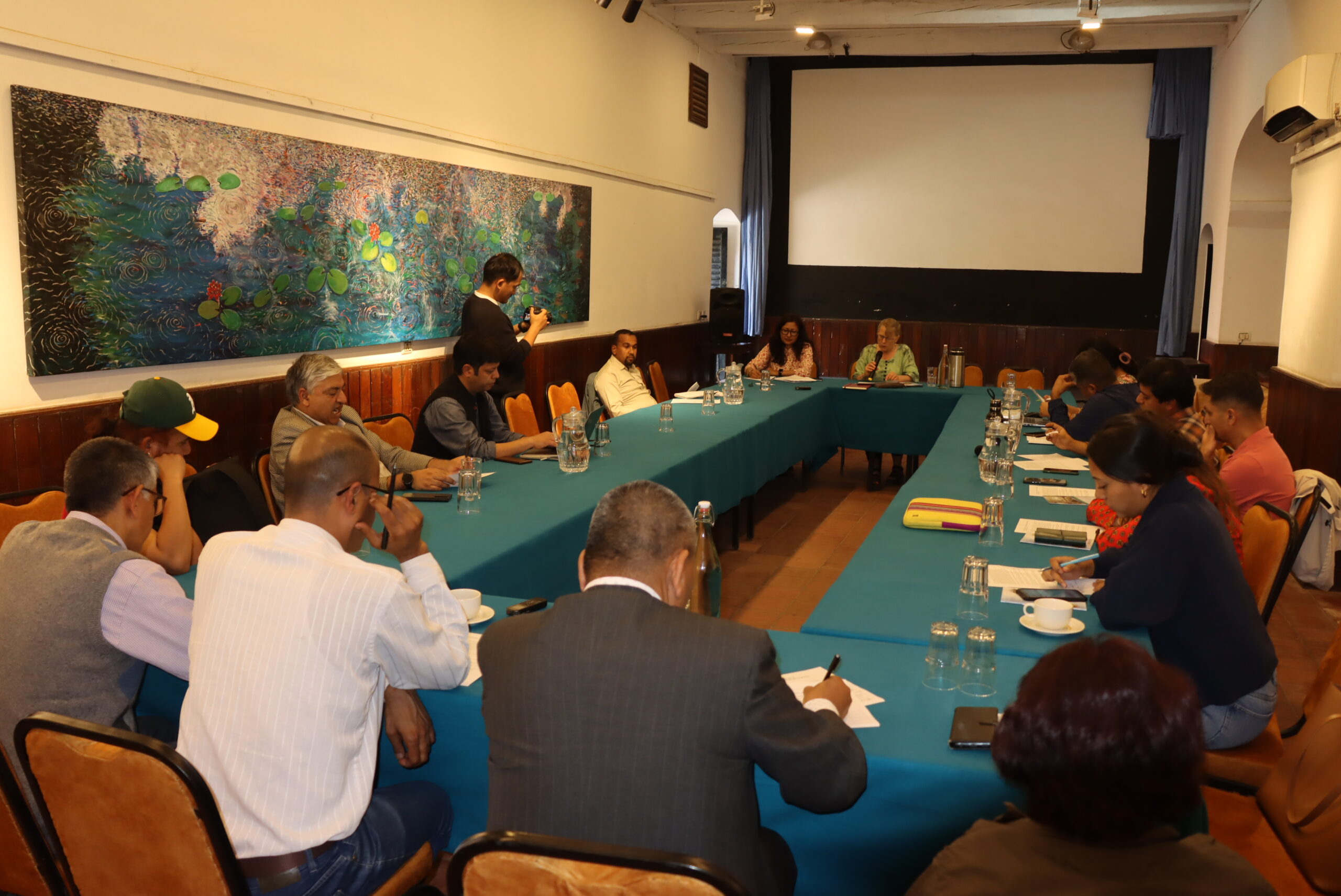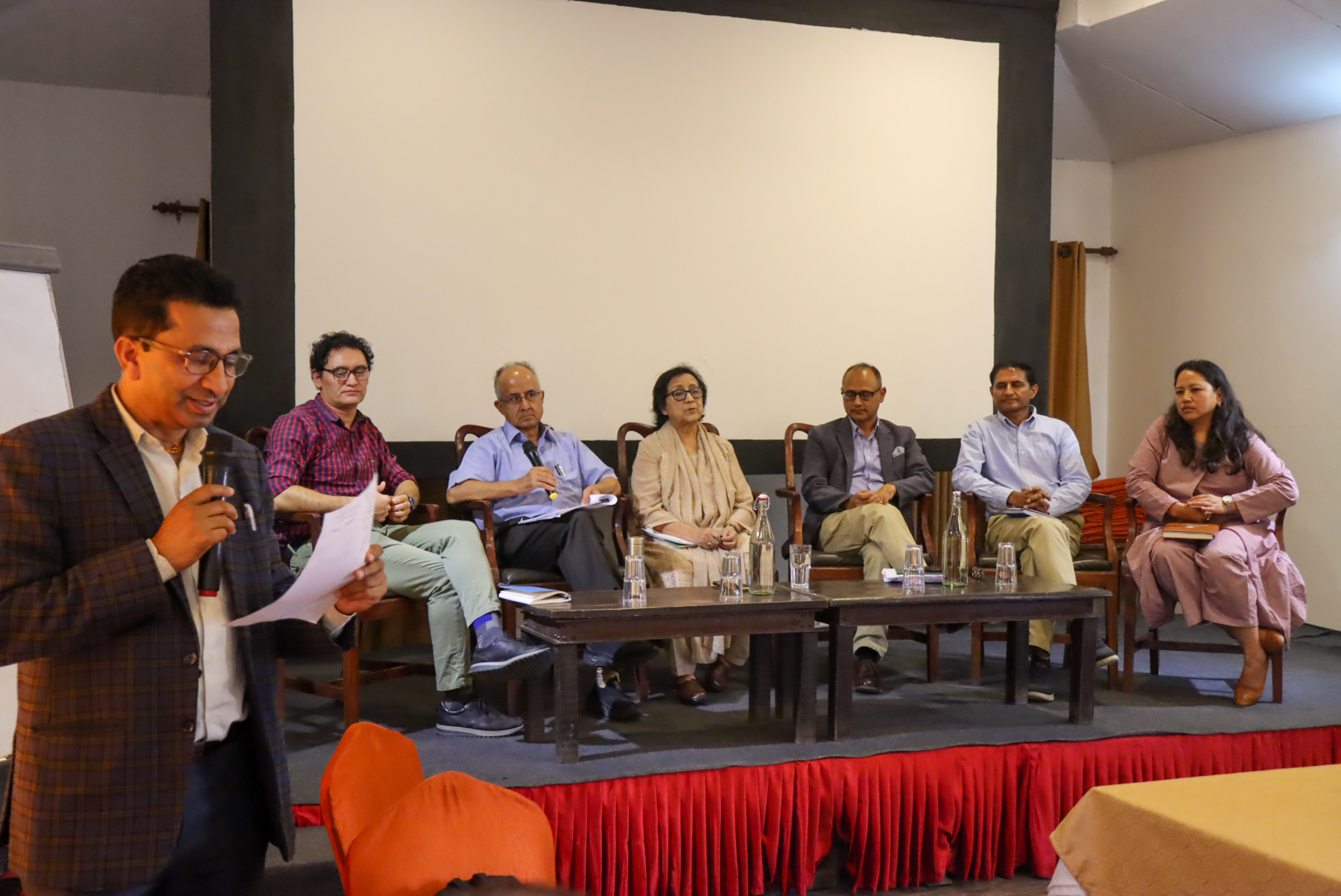Local Level Interaction cum Workshop on “Climate Change and Urbanization in Lamatar Area: Challenges and Ways Forward” was organised by Southasia Institute of Advancced Studies (SIAS), ForestAction and Lamatar VDC on March 9, 2013 at VDC Office, Lamatar.
PROGRAM OVERVIEW:
Urban areas throughout the world are the center of attraction mostly because of the economic activities and the services offered to people. The opportunity thus created attracts people from other periphery to directly indulge themselves into economic activities. The demographic shift from rural to urban areas is often credited to the opportunities created by the urban areas in terms of trade activities, education and employment opportunities, service delivery and so forth. Over the time urban areas develop themselves as hub where goods and services, employment and opportunities are made available to the larger population. Urbanization has also led to an argument on its linkage with climate change i.e. increased urbanization and climate change seems synchronized. Urban areas can be seen as one of the most serious ‘problems’ in regard to the impacts of climate change as they concentrate people, assets and infrastructure in ways that increase risk and vulnerability – and many cities and smaller urban centers are in locations that climate change is making (or will make) particularly hazardous. Nepal has been identified as one of the most vulnerable countries to the impacts of climate change and it is also a country with fastest urbanization, the linkage between cities and climate change is a critical issue for the nation. Initiation of addressing Climate Change at urban centers in Nepal has not been adequately done in Nepal. Hence, the debate and discussion over the contributing factors of climate change due to rapid and unplanned urbanization in Nepal became a critical phenomenon to minimize the vulnerability. Thus, this local level interaction cum workshop is a part of initiation and to develop further larger questions from bottom.
KEY OBJECTIVES:
This local level interaction cum workshop aims to collect the local people’s precipitations towards ongoing urbanization and climate change around Lamatar area of Lalitpur district. It also generates the issues and agendas to discuss on similar nature of round table at national level. Key objectives of this program are to:
- Understand views and experiences on emerging urbanization and climate change by grass root level people
- Invent actionable issues and opportunities for the further project development




